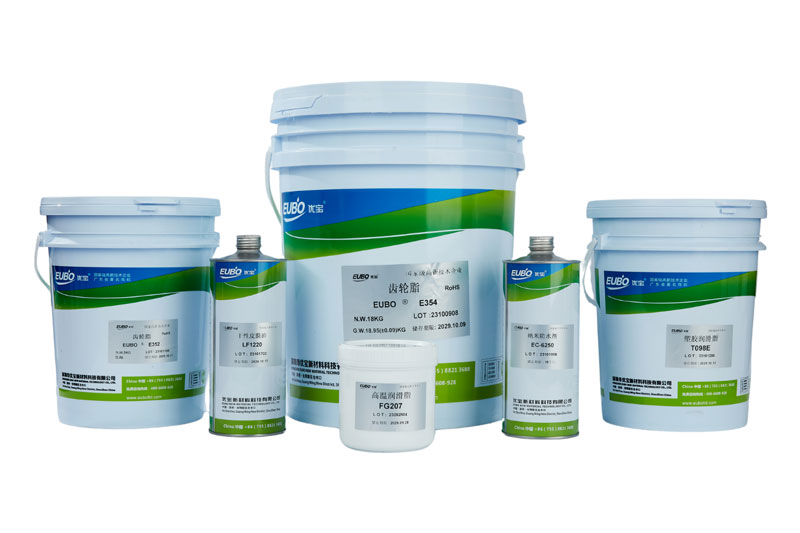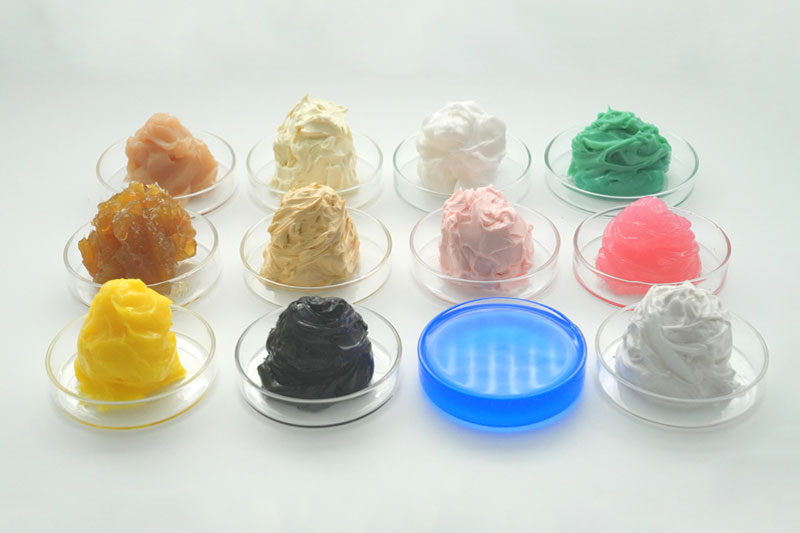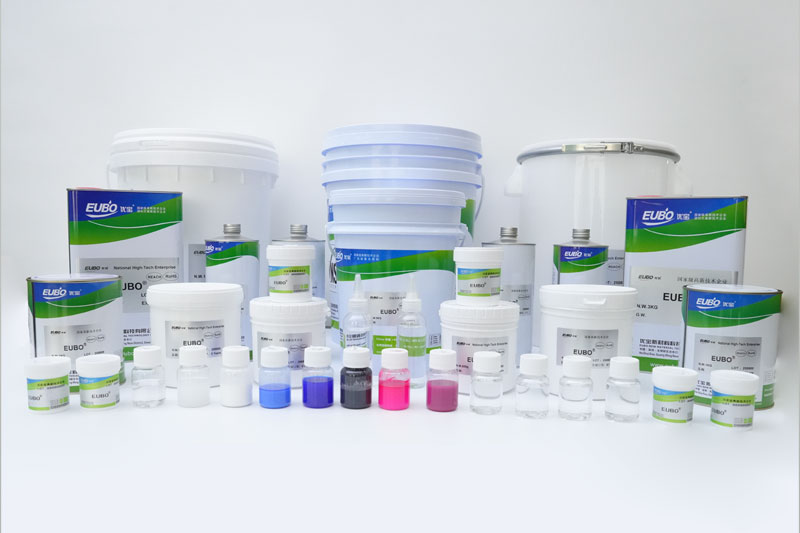1. PFAS: An Urgent Hidden Source of Pollution
PFAS (Per- and Polyfluoroalkyl Substances) are a class of persistent and toxic chemicals that are extremely difficult to degrade in the environment. They can accumulate through the food chain, posing significant risks to ecosystems and human health. Many countries worldwide have strictly regulated PFAS, and traditional PFAS-containing greases are now facing phase-out.
2. Three Core Advantages of PFAS-Free Grease
Green & Safe:
-
Eliminates PFAS contamination risk entirely.
-
Fully environmentally friendly throughout the product lifecycle.
-
Significantly enhanced biodegradability.
Performance Upgrade:
-
Non-solidifying at low temperatures (flows at -50°C) and durable at high temperatures (long-lasting lubrication at 180°C).
-
Stable friction control and noticeably reduced vibration and noise.
-
Enhanced resistance to oils and media, extending equipment life.
Wide Compatibility:
-
Suitable for a variety of engineering plastics and metal combinations, preventing material damage.
-
Meets stringent industry standards in automotive, medical, and food sectors.
-
3. The Future of Lubrication
PFAS-free greases achieve a golden balance of environmental compliance, excellent performance, and cost efficiency through innovative base oils and additive technologies. They are not only a solution to regulatory requirements but also a key technology driving sustainable development in high-end manufacturing, new energy vehicles, medical devices, and other industries.
Technical Parameters of PFAS-Free Fluorinated Grease
|
Test Item |
Specification / Value |
Test Method / Standard |
|
Appearance |
White |
Visual Inspection |
|
State / Form |
Greasy |
Visual Inspection |
|
Consistency Grade (NLGI) |
1 |
ISO 6743-99:2002 |
|
Working Cone Penetration (0.1 mm) |
310–340 |
ASTM D 217 |
|
Evaporation Loss (wt%) |
<1.0 |
ASTM D 972 |
|
Operating Temperature (°C) |
-50 to 200 |
— |
|
Environmental Certifications |
RoHS, REACH, Halogen Free, 19P, EN71 |
— |
|
Shelf Life (years) |
6 |
— |






















